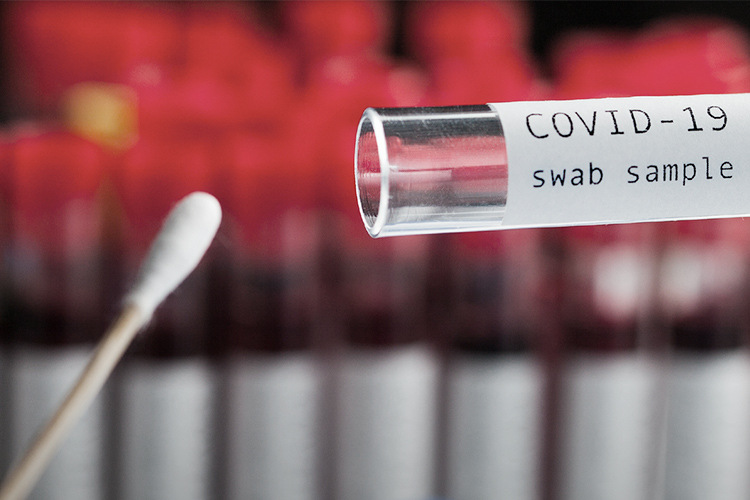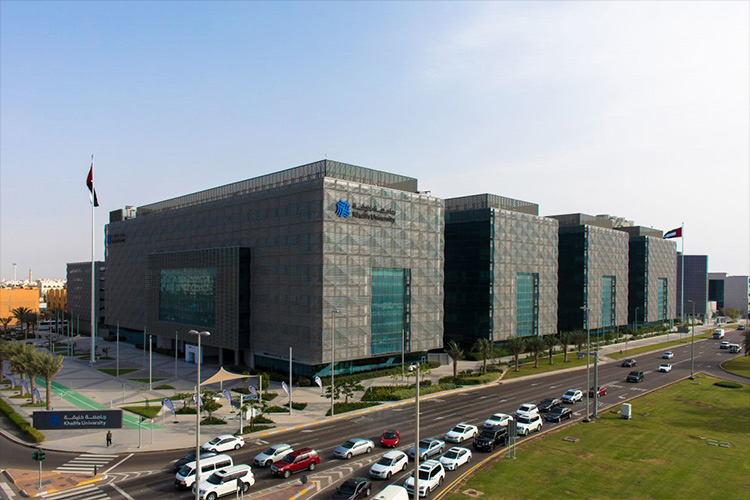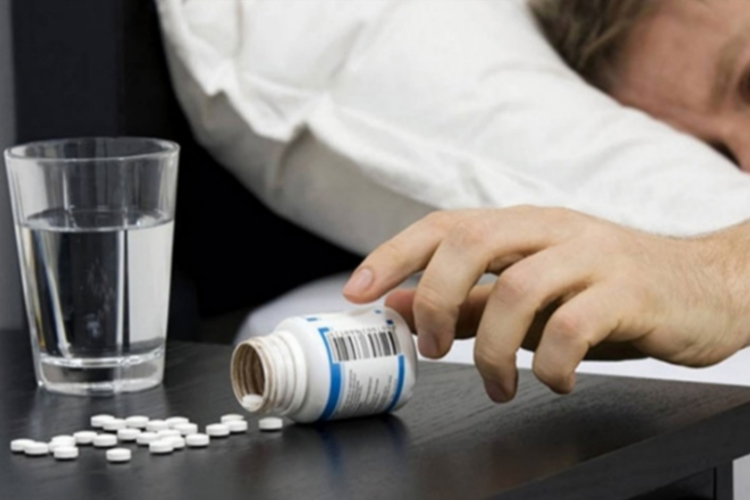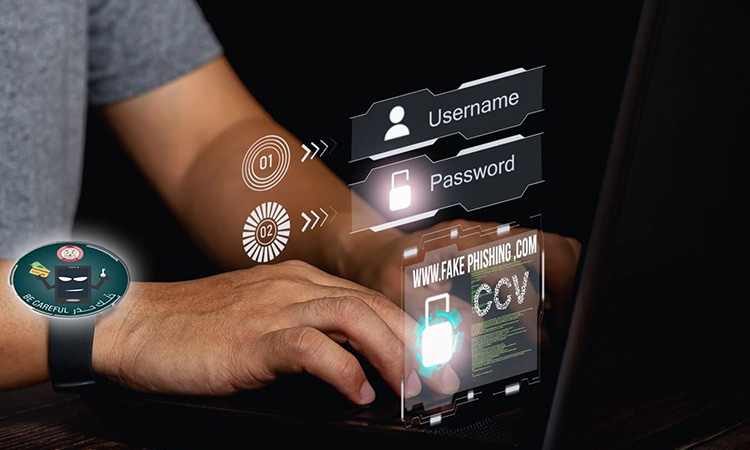Maintain a healthy spine urges neurosurgeon

Photo has been used for illustrative purposes.
Mariecar Jara-Puyod, Senior Reporter
A neurosurgeon in Abu Dhabi has offered six tips for the protection of the spine, saying everyone must be conscious about the state of this organ central to the nervous system.
Healthpoint Hospital-Wooridul Spine Centre head Dr Chanshik Shim brought up the need for a healthy spine as he also discussed the three most prevalent musculoskeletal problems he has encountered in 25 years in his home country of South Korea and in the UAE.
He described a healthy spine as one that is “strong, not presenting problems such as pain and discomfort (without any injuries and has not deteriorated) with aging.” The specialist chose to become a neurosurgeon, being interested in treating both brain and spine conditions.
Shim told Gulf Today that among the three most common problems across the world, namely non-specific low back pain, neck and back pain, and degenerative disc disease (DDD), it is “non-specific chronic low back pain caused by lack of proper exercise and prolonged sitting, related to a sedentary lifestyle” that is widespread in the UAE.
“Every patient that I see every day represents examples of these cases. There are so many different types of spine problems with many diverse effects.”
On the non-specific chronic low back pain he has observed in the UAE, Shim said: “I believe obesity is related to it as well.”
Shim explained that non-specific low back pain “is not attributable to a recognizable, specific cause, such as infection, fracture and osteoporosis,” among other probable pathologies.
His advice: “The simplest and most effective exercise to prevent chronic low back pain is brisk walking for about an hour a day.”
On the neck and back pain which has been worsening globally, as an effect of the continuing developments in technology by way of computers and gadgets, Shim referred to a research published in the “National Library of Medicine.”
Shim said: “The current epidemic of neck pain, also called ‘text pain’ in the media, is the result of people staring down at their smart phone for hours a day, essentially in a poor posture position.”
“(The research) shows that as the neck bends forward and down, the weight on the cervical spine increases. So, when the head is bent forward at a 60-degree angle, the head’s weight is equivalent to about 27 kilogrammes (kgs), rather than its actual approximately five kgs.”
Shim spoke briefly on DDD. He associated it with aging: “It is not actually a disease but a normal change in our body that happens as we age. However, about 20 per cent of people who have degeneration of disc, have chronic low back pain, and then we call it (DDD).”
Shim continued: “We have to take care of our spine and neck very well. The spine provides support and balance for an upright posture, enables flexible movements, and protects the spinral cord and nerve roots in it.”
He went on: “Looking after your spine is essential as the spine affects our ability to move, sleep and function. It is through the spine that the nervous system transmits electrical impulses responsible for sensation. Every movement you make begins with the spine. It is involved in everyday tasks such as walking, moving your neck, bending over.”
Once the spinal cord becomes weak or damaged, this signals the start of the disruption of neural responses.
“Then, you do not feel (any sensation) in parts of the body (anymore).”
Shim’s advice:
* Do not prolong sitting. Get up and move around from time to time to prevent the increase of pressure on the discs in the lower spine.
* Do not drive long distances without breaks. Alight from the vehicle to stand and walk around.
* Keep the use of the computer, tablet, smartphone and other similar gadgets at eye level.
* Speak with a physician regarding bone health and specifically for a good Vitamin D supplement to maintain bone health.
* With a physician’s permission, go for regular work-outs and physical exercises with a varied routine.
* Avoid becoming overweight and quit smoking. Overweight and smoking “negatively impacts spine health.”
*Do not be afraid to see a specialist for spine-related pain. There are non-surgical treatments such as dry needling, electrical modalities, traction







